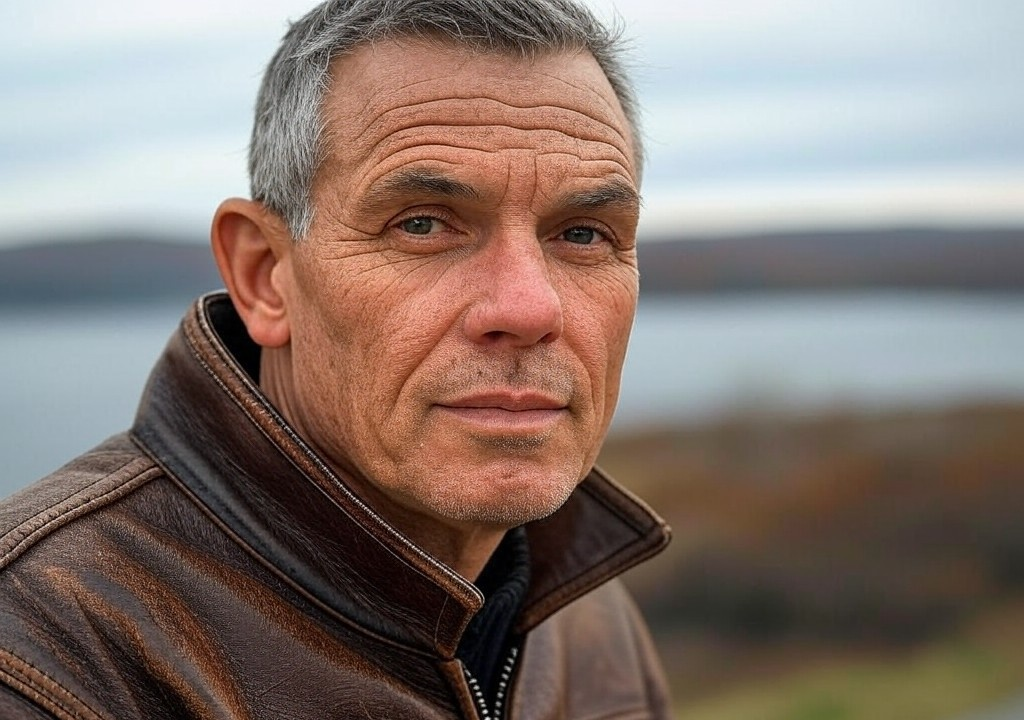You Don’t Have to Stay Lonely on Farmer’s Only
There’s this old joke I heard growing up in West Virginia: if a tree falls in the forest and no one’s around, does it still make a sound? Well, when I finally moved to Los Angeles for grad school, I felt like that tree. Suddenly thrust from the hollers into Hollywood, I found myself surrounded by more people than I’d ever seen in one square mile, yet somehow lonelier than I’d ever been. Turns out, not making a sound isn’t just for trees—it’s also a pretty apt description of being 27 years old, eating a Sunday diner breakfast alone in a city that never looks up from its phone.
Finding your people—your ride-or-die support, the group text you turn to after an awkward date or a big win—can feel impossible. Especially when you’re new in town, newly single, or just newly aware that you’ve outgrown the people you thought were forever. The good news? You’re not the only one out there wondering if “friend matchmaking” is a thing (it kind of is), and there’s no one-size-fits-all way to meet your tribe. If I, a guy who once thought joining Facebook was as far outside my social comfort zone as I could go, can find my people, so can you.
Here’s how I carved out a seat at the table—one awkward introduction, genuine laugh, and meaningful connection at a time.
Let Go of the Mythic “Instant Connection”
First off, stop waiting for that lightning bolt moment where you meet someone and instantly feel like childhood besties who braided each other’s hair while your moms swapped casserole recipes. Friendships—and relationships, for that matter—don’t usually come in prepackaged, montage-ready clips like you see in rom-coms. They’re built slowly, like layering biscuits so the butter doesn’t leak out the sides.
When I moved from California to Maine, for instance, I unintentionally ghosted the one person who invited me to a barbecue in my new town. I didn’t go because I felt “too tired.” Here's the honest truth: I was scared of being "the lone wolf," the guy who doesn’t know anyone, nervously clutching a six-pack of gas station beer that nobody wants. I would’ve told myself we just didn’t click and written the whole event off except, a week later, that same guy texted me again: “Trail run Saturday, interested?” He didn’t give up on me, and lucky for me, I stuck with it. Sometimes the spark doesn’t strike instantly—it needs kindling and maybe some matches first.
Invest in Spaces, Not Just Faces
Look, I’m not telling you to drop everything and join your town’s Shovel Racing League (yes, it exists—Google it), but you do need to show up somewhere. Think about it like gardening: you can’t plant seeds in thin air and expect them to grow. Whether it’s a book club or a bocce league, spaces where shared interests and consistent gatherings collide are prime meeting grounds.
For me, it started with volunteering at a food co-op. Before you roll your eyes, hear me out. Washing bruised pears and stacking asparagus (and seriously, how many different ways can asparagus bend?) isn’t glamorous, but I met people who shared my ideals—and they weren’t just there for Instagram fodder. We bonded over late shifts where we’d overcaffeinate on bad coffee and argue about the best brand of mustard. It started small—swapping good recipes, casually lingering after shifts—but it expanded into something real over time.
So find your “co-op.” Maybe it’s a dog park. Maybe it’s a Dungeons and Dragons game you don’t know how to play but sign up for because you’ve always wanted friends nerdy enough to shout “critical hit!" Either way, lean into those spaces where connections thrive naturally.
Lead With Awkward, Honest Curiosity
Here’s a secret: being a little awkward is a good thing. Sure, I tried the polished charmer act once or twice back in California, but the truth is, people respond to authenticity—and my home-grown brand of small-town self-deprecation plays better when I stop trying to be James Bond. Ask questions, even if they feel a bit clunky. Lead with curiosity instead of trying to look cool.
For example, one time during my first autumn in Maine, I awkwardly blurted out, “So what’s the deal with everyone around here being obsessed with apple cider?” to a woman I’d just met at the farmers’ market. She didn’t look at me like I was an alien (well, maybe a little), but it led to her giving me her family’s secret cider-donut recipe and inviting me over for pie-making night. That bold, slightly awkward question turned into one of the most down-to-earth friendships I’ve ever had. The takeaway? It’s okay to ask, “What’s the deal with...?” You’d be surprised how eager people are to explain their passions.
Curate Vulnerability Carefully (But Go There)
Think of vulnerability as one of those scratch-off tickets you get at the gas station—don’t overdo it, but when you find a winning spot, dig in deep. Real connections happen when people feel safe enough to share their messy selves, but it can’t happen overnight. Share small, meaningful things to create a space where trust can grow.
For me, this looked like mentioning my homesickness in a conversation with a new group of friends. I said something offhand like, “I really miss the kind of quiet it gets in West Virginia at night.” Turns out, one of my hiking buddies also grew up in a small town (albeit in Montana), and before I knew it, we were swapping stories of high school football rivalries and debating whose state had the most winding backroads. It created an instant sense of “you get it.” Vulnerability isn’t oversharing—it’s just giving someone a way in to connect beyond surface pleasantries.
Don’t Expect Everyone to Stay Forever
Here’s the hardest lesson I had to learn: not everyone will stay on the ride for the long haul. Back in West Virginia, friendships were often lifelong by default—you were bound by geography, history, and maybe a shared hatred of turkeys raiding your mom’s garden. But when I moved to LA, and eventually Maine, I learned the bittersweet beauty of short-term friendships. Some people who help you through a specific season of your life may just be passing through. That doesn’t make the connection any less real.
I once befriended a guy who was as obsessed with 80s rock ballads as I was. We spent an entire Maine winter chasing live-music shows together, singing terribly to Whitesnake, but as the snow thawed, so did our connection. He eventually moved schools, and our friendship faded away like “Every Rose Has Its Thorn.” It stung a little, but I didn’t regret the memories of showing up for each other when we did. Trust that the people who matter longer-term will stick—and let go of the guilt when they don’t.
Closing Note: Your Story Isn’t Over
Whatever stage of life you’re in—whether you’re fumbling through your first job out of college, processing the aftermath of a breakup, or moving to a new city where no one knows your name—take heart. Finding your people isn’t about being the life of the party or magically discovering one single “tribe” that clicks immediately. It’s about showing up, being vulnerable, and keeping the door open for connections to grow slowly over time.
Start small. Say yes to the neighborhood potluck, even if your cooking skills max out at burnt toast. Be the awkward person asking weird questions at trivia night. Take the risk to share a little piece of yourself with people who seem trustworthy. The world is full of trees waiting to make a sound—join in, and you just might find the chorus you’ve been missing.




















